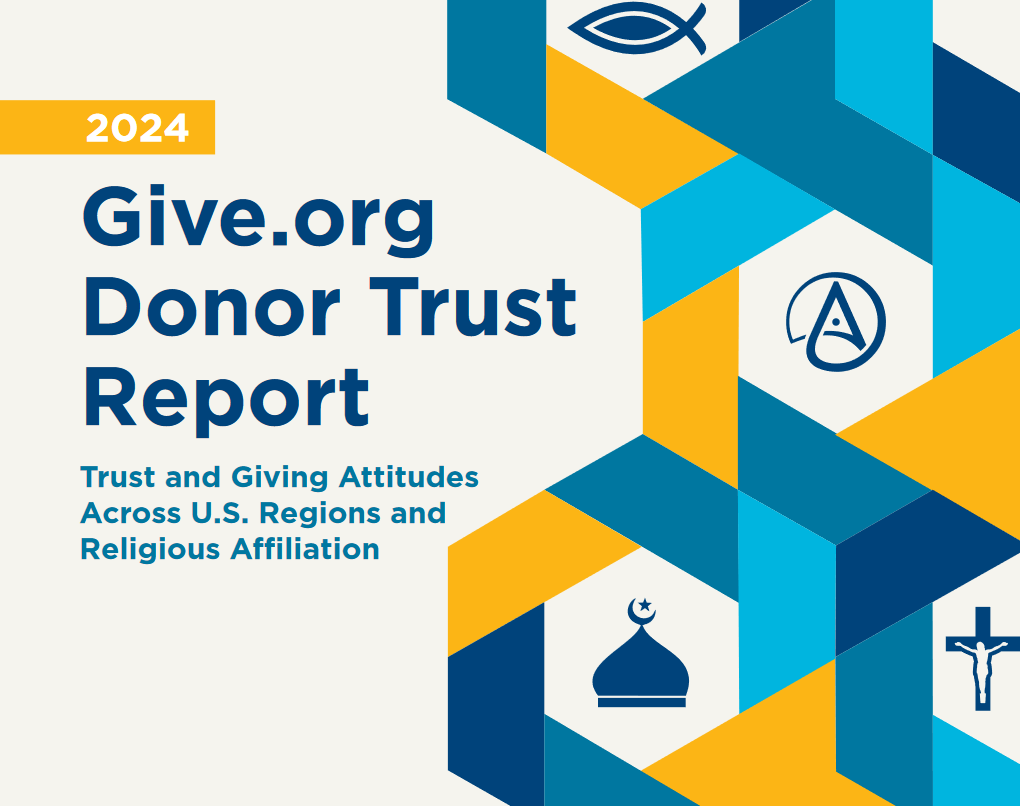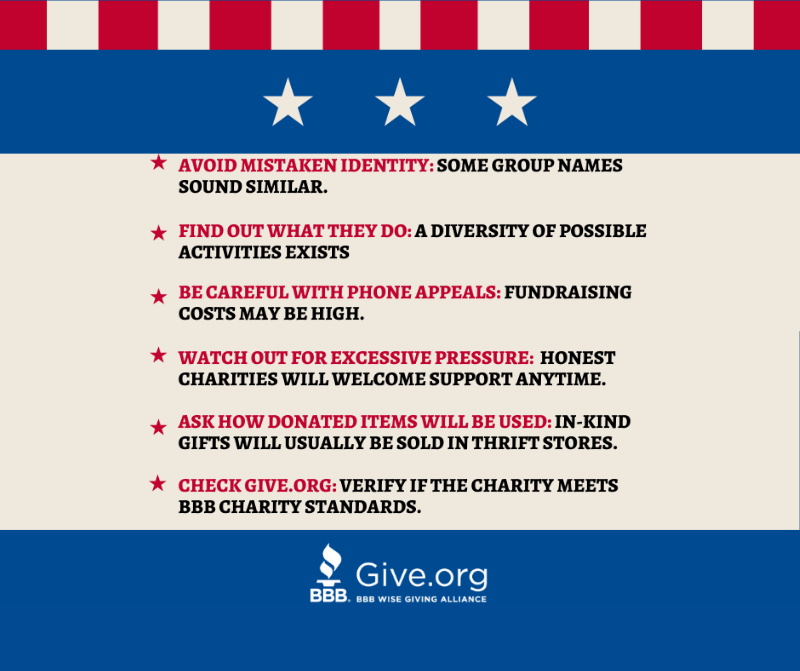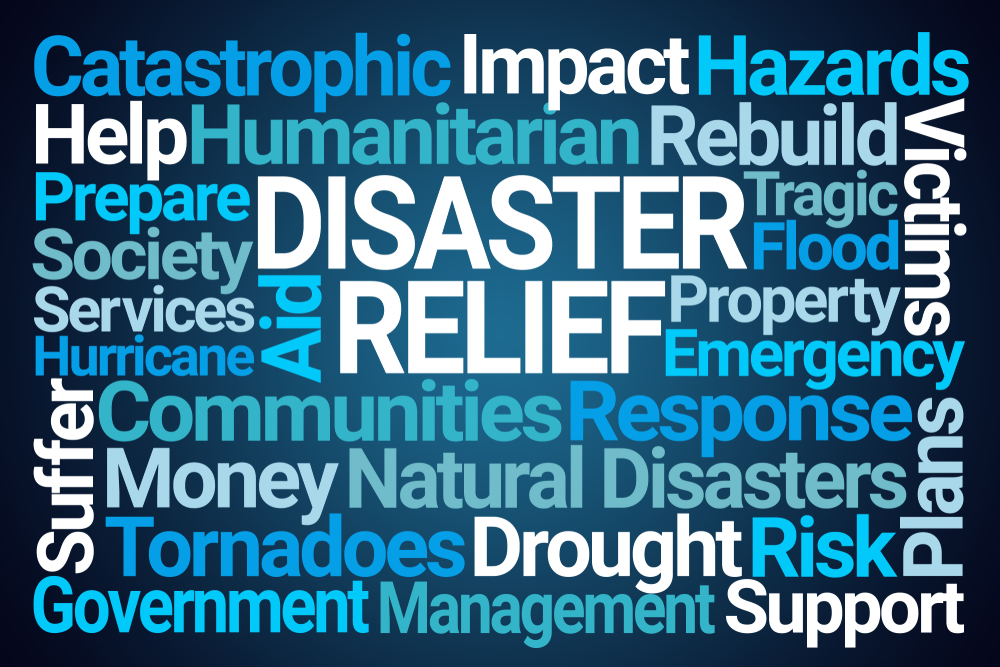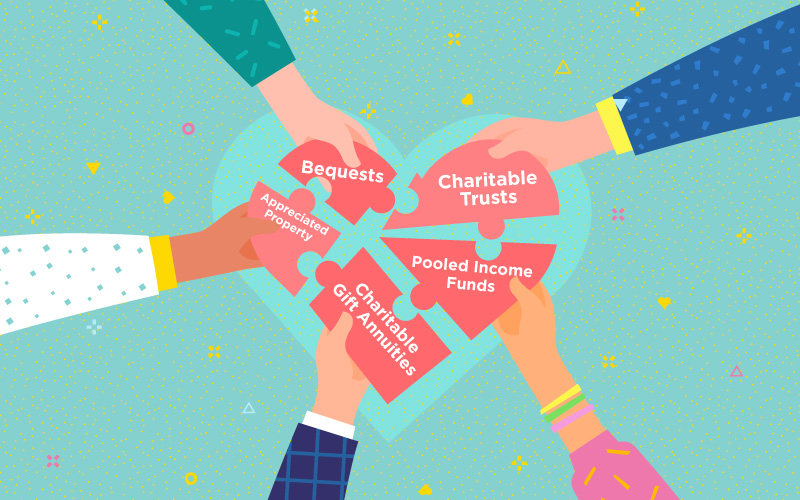Wise Giving Wednesday: IRS “Dirty Dozen” List Includes Fake Charity Warning
For a number of years, the Internal Revenue Service has come out with its annual “ Dirty Dozen” list of tax scams to help people avoid schemes that may impact them during tax filing season. This year “fake charities” came up as number five, moving up one notch from last year’s entry. As stated in an IRS press release featuring IRS Commissioner John Koskinen, “Fake charities set up by scam artists to steal your money or personal information are a recurring problem. Taxpayers should take the time to research charities before giving their hard-earned money.”
If a donor is claiming a charitable deduction on their federal income tax, it is important to make sure that the subject organization is eligible to receive gifts that are deductible as charitable gifts. One can verify this by using the IRS Exempt Organization Select Check directory which identifies organizations that are tax exempt under section 501(c)(3) of the Internal Revenue Code. When using this directly, it is important to have the exact official name of the organization or, if available, the organization’s Employer Identification Number (EIN.)
Even experienced contributors can make a mistake, by giving to a questionable appeal, especially following a major disaster, when donors might give with their hearts without using their heads. While it is unlikely for someone to recover such lost contributions, one can at least avoid doubling the error by claiming a charitable deduction for a fake charity that can lead to an incorrect tax return and potential further trouble.
BBB Wise Giving Alliance also encourages donors to verify that the subject charity is registered to solicit charitable contributions in their state. About 40 states have a state government charity registration agency that is usually a division of the state’s office of the Attorney General or the Secretary of State.
One caveat to remember is that houses of worship are not required to apply to the IRS for charitable tax exempt status and are also exempt from registering with state government agencies. So, don’t dismay if your church around the corner does not appear in the IRS Select Check directory.
In addition, in this time of rising cyber security concerns, one should be especially watchful for any appeal that requests personal information such as Social Security numbers, passwords, or other data that could be used to steal identities.
Of course, we also remind donors they can help verify charity trustworthiness by visiting Give.org to see if the subject charity meets the 20 BBB Standards for Charity Accountability.
On a separate note, as part of our Building Trust Video series, we are pleased to provide a video of Nadine Dehgan, Chief Executive Officer, Hearing Health Foundation (a BBB Accredited Charity) which seeks to prevent and cure hearing loss by funding research and promoting hearing health.
We are always working with charities to publish or update reports for donors. Visit Give.org or local BBBs to check out any charity before giving. Our recently evaluated charities include:
Finally, remember to let us know by going to https://give.org/ask-us-about-a-charity1/ if you are interested in seeing a report on a charity not on the list and we will do our best to produce one.
H. Art Taylor, President & CEO
BBB Wise Giving Alliance






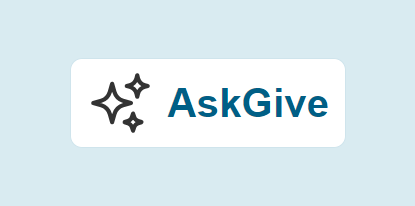

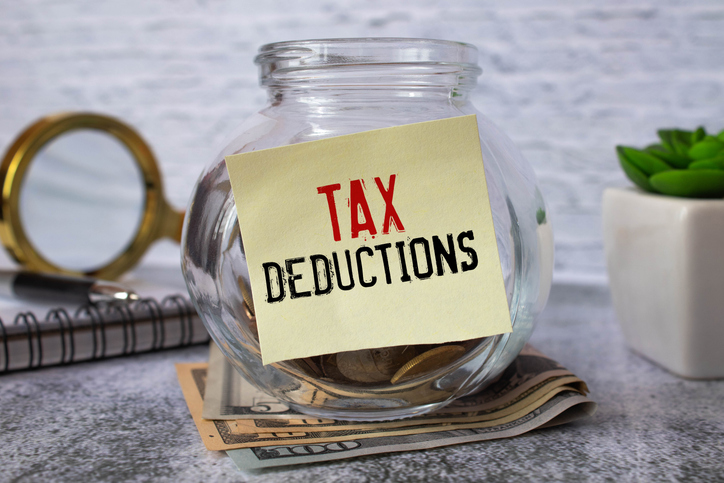
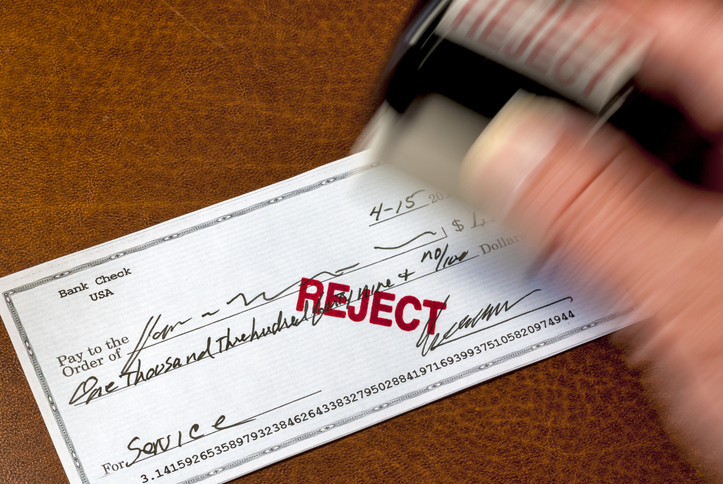
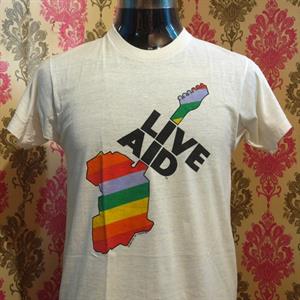
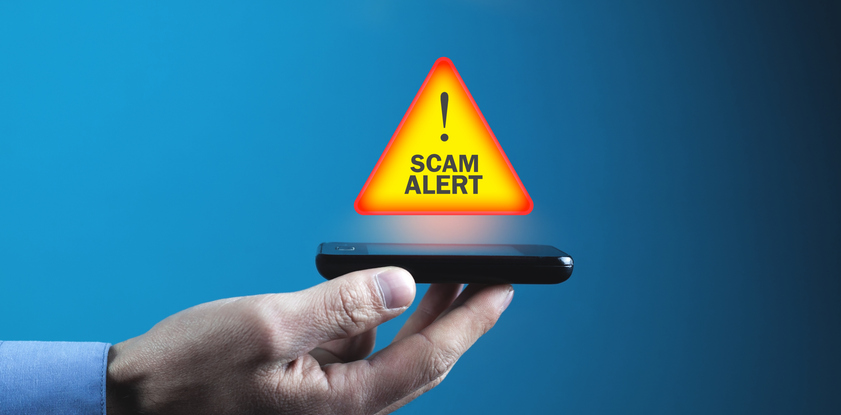

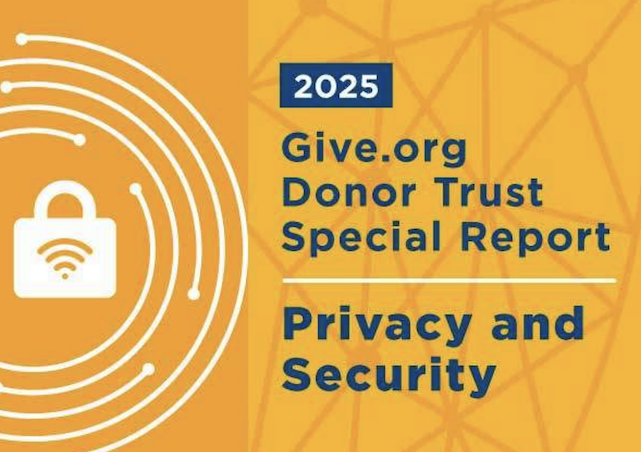
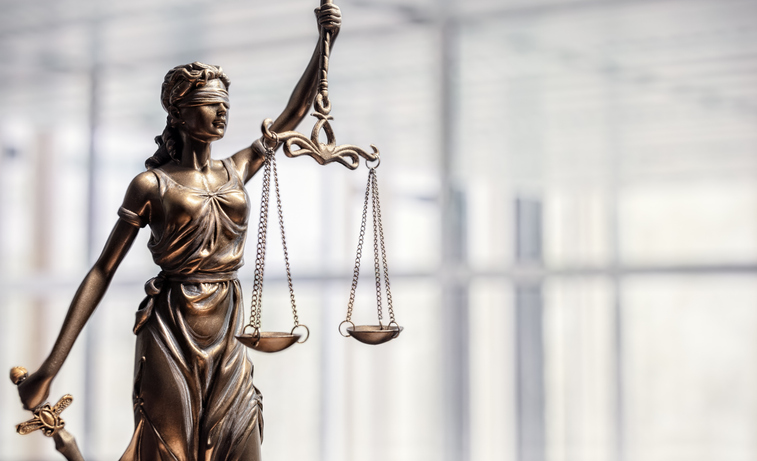
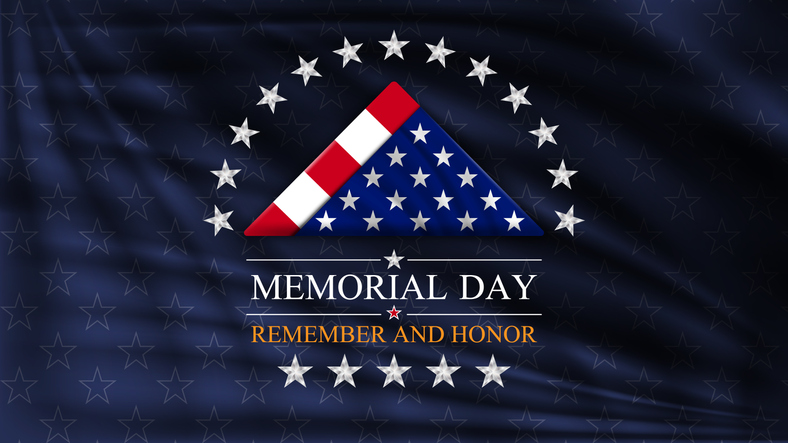
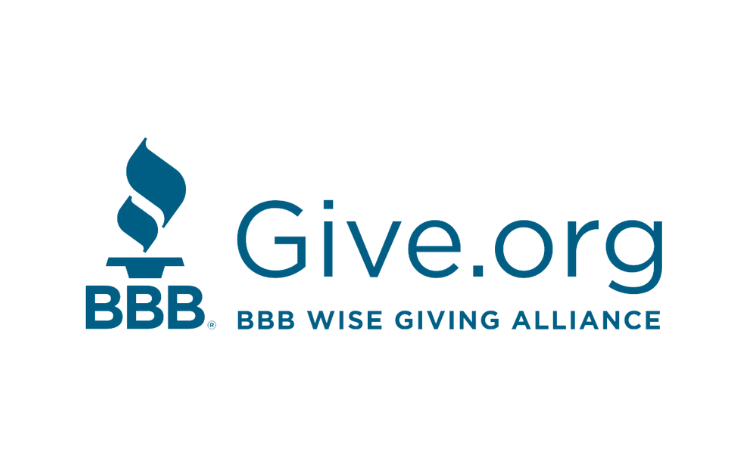

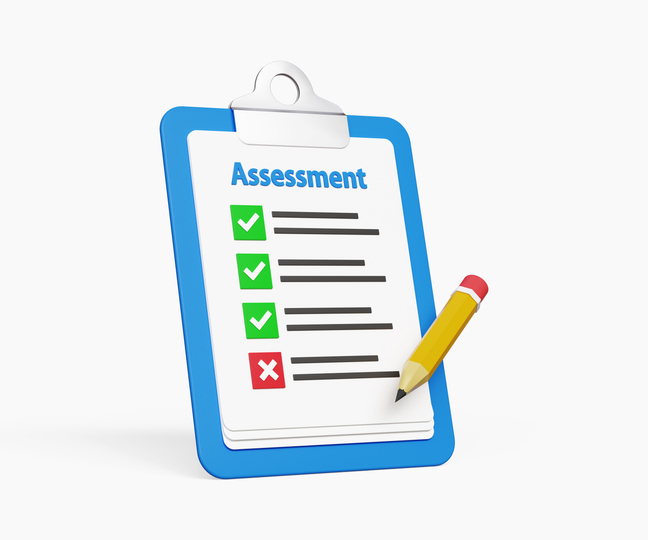



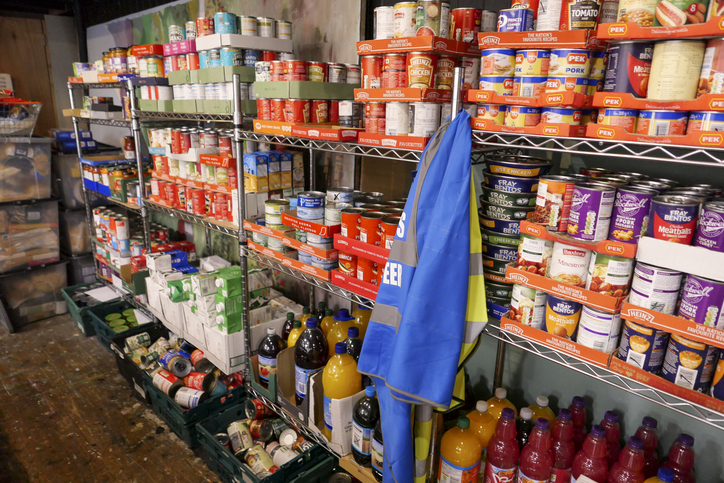







.jpg?sfvrsn=8073f1a5_0)


